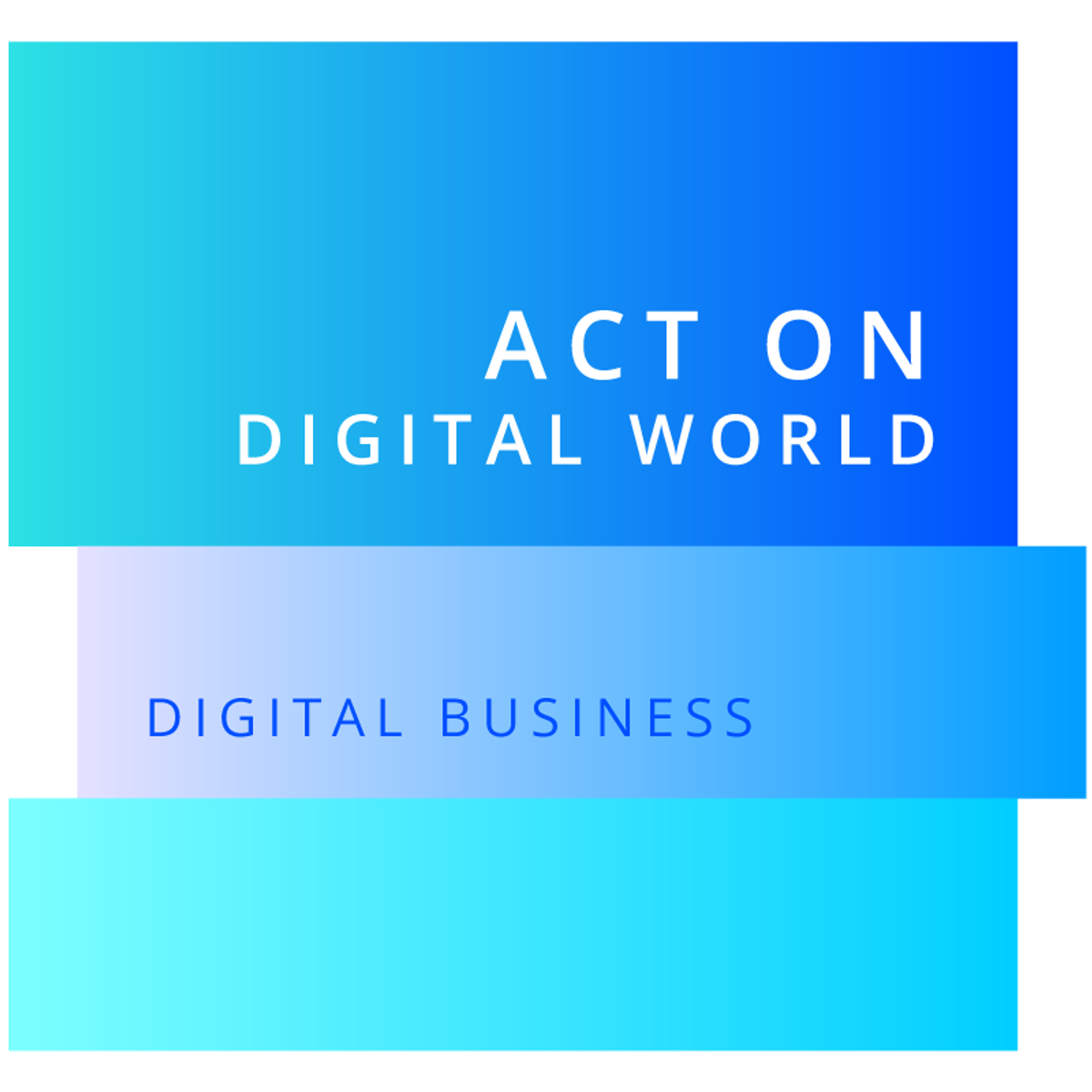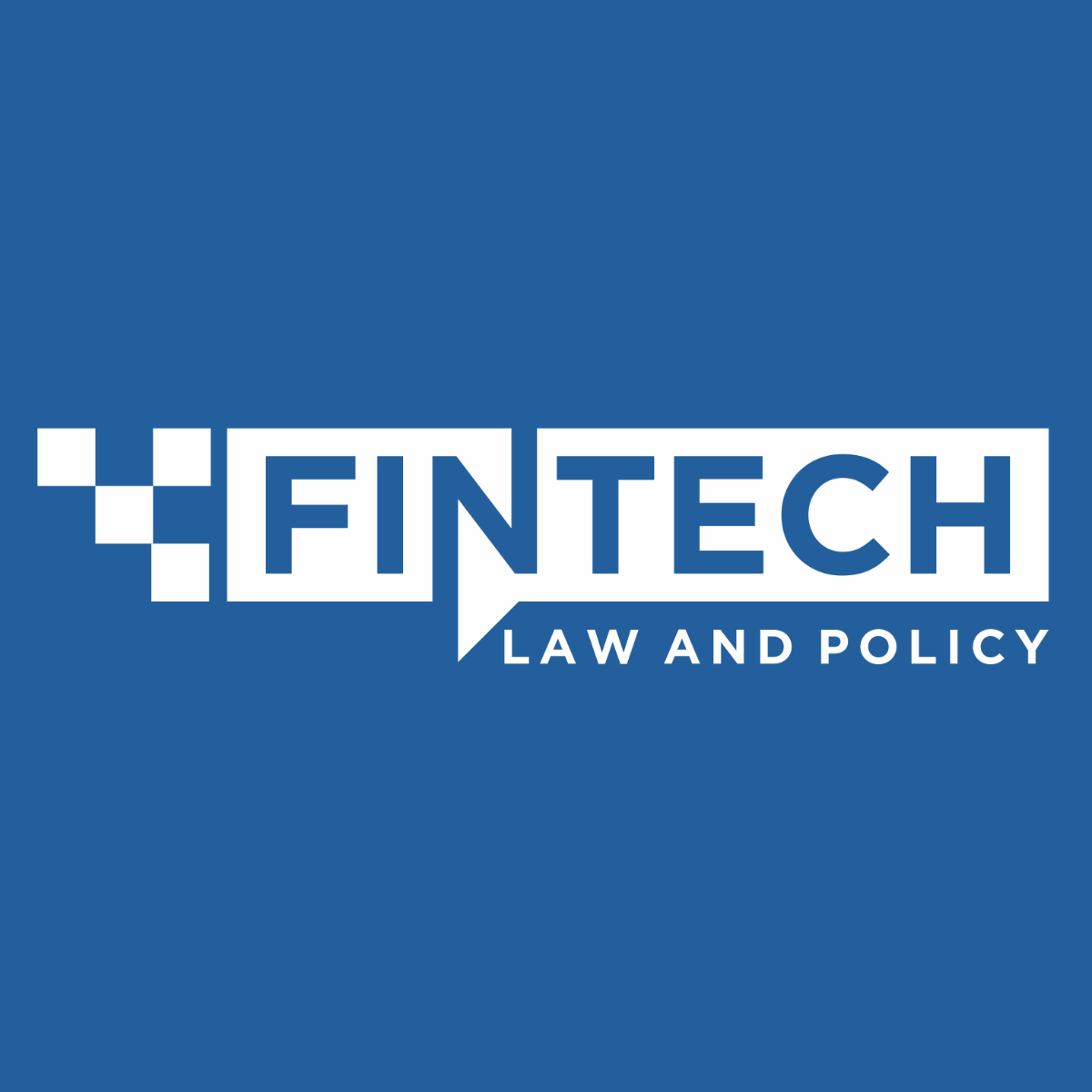Back to Courses









Business Courses - Page 20
Showing results 191-200 of 2058

Digital business - Act on the digital world
The idea that digital technology triggers profound change in companies is largely accepted. There is indeed no question that the digital world is profoundly changing business life. Everyone is now on the same page. But with the digital world come a lot of misconceptions and buzzwords. You can no longer get by with these commonplaces or general ideas. You need to gain a detailed understanding of the main new management paradigms: new marketing approaches, the role of data in data-driven management, large businesses’ struggle to innovate, etc. This will give you precise insight into changes at work. Without precision, it is difficult to understand. Without understanding, it is impossible to act.
This module will tell you how.
Week 1 : Big Picture
Week 2 : Operational Area
Week 3 : Focus Area

How to Create a Lesson Plan in Microsoft Word
At the end of this project, you will be able to use the different features in Microsoft Word to create a lesson plan. You will be able to create a table with content. Additionally, you will be able to add a hyperlink, insert a video, and use your Word Document as a template. The skills you will learn in this project will be helpful for you to use Microsoft Word in a personal or professional context.

Client Booking & Scheduling with Picktime
This course will help you will develop a streamlined, user friendly scheduling tool that will allow you to easily manage client appointments and improve your team and time management. Picktime lets you add services, classes, and resources, allowing you to schedule all of your business needs in one platform. From booking client appointments, to creating a reservation system for equipment and meeting rooms, Picktime can help you better manage and oversee your business operations.
This project is an introduction course which will walk you through the program step by step. From how to set up a Picktime account to creating a website to maximize the full capabilities and features of the program, this is a hands on project from beginning to end. It is designed for business owners and managers looking to enhance their scheduling capabilities.
Customer Insights: New Product Development Orientation
This course is the first in the Customer Insights and New Product Development (CIPD) specialization. It will introduce learners to the tools and process of gathering customer insights for identifying and developing new product opportunities. Through an integrated set of five modules and hands-on project experiences, learners will acquire the knowledge and skills to turn their ideas gained from understanding customer needs into innovative new products.

Create forms for school or work Research using Typeform
In this 1-hour long project-based course, you will learn how to
- use Typeform
- create survey forms using Typeform
- publish and share your survey forms
Note: This course works best for learners who are based in the North America region. We’re currently working on providing the same experience in other regions.

How to create Social Media graphics using Canva
In this 1-hour long project-based course, you will learn how to create different Social Media graphics using Canva. We will use the Canva platform to create social media graphics using built-in templates and also from the scratch. This course includes Canva introduction, exploration of Canva dashboard, you will learn to use different elements from Canva, creation of social media posts using built-in templates, and from the scratch. You will also learn how you can download free images from third-party sites like Pixabay.
Note: This course works best for learners who are based in the North America region. We’re currently working on providing the same experience in other regions.

Removing Barriers to Change
What does it mean to truly change something? How does one persuade others to change? How do we reduce roadblocks to change? In this course, you’ll learn about the barriers to change and how to become more effective in inspiring change within others and your organization. Professor Jonah Berger of the Wharton School has designed this course to help you understand the REDUCE framework, and shows you how to develop your skills of persuasion and influence. By the end of this course, you’ll know both the strengths and weaknesses of certain strategies for removing barriers in change, plus you'll learn how to leverage those strategies to achieve change in both business and in life.

Becoming a Social Entrepreneur: Getting Started
Do you have an idea that could help solve a societal problem? Are you wondering if starting a social enterprise is the best way to go forward? You are thinking about becoming a social entrepreneur!
In this course, you’ll critically examine what makes for a good idea, and whether that idea requires starting a new business. You’ll craft a personal immersion plan while considering different ways to create impact. You’ll explore the personal challenges and connections to your life’s purpose before deciding to commit to becoming a social entrepreneur.
Each week, you’ll see and hear from 11 real-life social entrepreneurs, working around the world, and sharing the lessons they’ve learned as well as the mistakes they’ve made and how you can overcome them. Among their experiences are: providing clean water in India and the Dominican Republic, warming premature babies without incubators, improving education in Africa and Detroit, and providing affordable fresh food to low-income residents of Los Angeles. Ultimately, you’ll be able to decide whether your idea is necessary for the world, and if starting a social enterprise is the right path for you. This course is based on the book “Becoming a Social Entrepreneur: Starting Out, Scaling Up and Staying True” by Michael Gordon.

FinTech Law and Policy
Being a successful FinTech firm requires more than just great technology; it also requires an understanding of the laws and regulations applicable to your business. This course will provide you with that understanding. You will learn about the critical legal, regulatory, and policy issues associated with cryptocurrencies, initial coin offerings, online lending, new payments and wealth management technologies, and financial account aggregators. In addition, you will learn how regulatory agencies in the U.S. are continually adjusting to the emergence of new financial technologies and how one specific agency has proposed a path for FinTech firms to become regulated banks. You will also learn the basics of how banks are regulated in the U.S.
If you are unfamiliar with how these new financial technologies work, fear not. We will begin each new course section with a high-level overview of the underlying technology. While the course is principally focused on the U.S. FinTech industry, we cannot possibly cover every relevant legal and regulatory issue. Therefore, this course should not be construed as legal advice. Rather, the goal of the course is to familiarize you with the key legal and regulatory challenges FinTech firms in various sectors face, as well as the critical policy debates that are occurring in Washington D.C. and state capitals across the country.

Satisfaction Guaranteed: Develop Customer Loyalty Online
You made it! Satisfaction Guaranteed: Develop Customer Loyalty Online is the seventh and final course in the Google Digital Marketing & E-commerce Certificate. In this course, you’ll explore strategies for building customer loyalty in e-commerce. You’ll also explore specific tools to develop and maintain client relationships. At the end of the course you’ll work through a scenario that demonstrates your ability to deliver a successful e-commerce strategy. Finally, you’ll wrap up the course by building professional development skills. We encourage you to complete courses 1–6 before beginning this course because they provide the foundation necessary to complete the activities at the end of this course.
Google employees who currently work in the field will guide you, providing hands-on activities and examples that simulate common digital marketing and e-commerce tasks while showing you some of the best tools and resources used on the job.
Learners who complete the seven courses in this program will be prepared to apply for entry-level jobs in digital marketing and e-commerce. No previous experience is necessary.
By the end of this course, you will be able to do the following:
- Identify common strategies for building customer loyalty in e-commerce
- Understand how to successfully manage client relationships and measure satisfaction
- Monitor an e-commerce store’s performance
- Update an e-commerce store based on data
- Complete a portfolio scenario to prepare for job interviews
- Find, apply for, and prepare for interviews and jobs
- Put together a portfolio and/or resume to present to employers
Popular Internships and Jobs by Categories
Find Jobs & Internships
Browse
© 2024 BoostGrad | All rights reserved